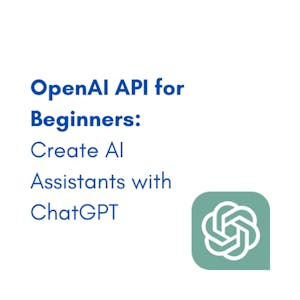Hypothesis Testing in Public Health
About this Course
Biostatistics is an essential skill for every public health researcher because it provides a set of precise methods for extracting meaningful conclusions from data. In this second course of the Biostatistics in Public Health Specialization, you\'ll learn to evaluate sample variability and apply statistical hypothesis testing methods. Along the way, you\'ll perform calculations and interpret real-world data from the published scientific literature. Topics include sample statistics, the central limit theorem, confidence intervals, hypothesis testing, and p values.Created by: Johns Hopkins University

Related Online Courses
This specialization is intended for English as a Second Language Learners (elementary, intermediate, and advanced). No prior knowledge is required for these courses. Through 4 courses,... more
This Specialization is designed to help you navigate the complex legal framework that governs modern health systems. You will learn the fundamentals of American health law, then explore how privacy... more
Imagine having a virtual assistant at your neighborhood library that can respond to inquiries from users right away! Using OpenAI\'s ChatGPT to build a useful Q&A chatbot, this project gives you... more
This is a self-paced lab that takes place in the Google Cloud console. In this lab, you will learn how to use Google\'s Vertex AI SDK to interact with the pre-trained Image Generation AI model,... more
Want to solve a murder mystery? What caused your computer to fail? Who can you trust in your everyday life? In this course, you will learn how to analyze and assess five common forms of inductive... more







